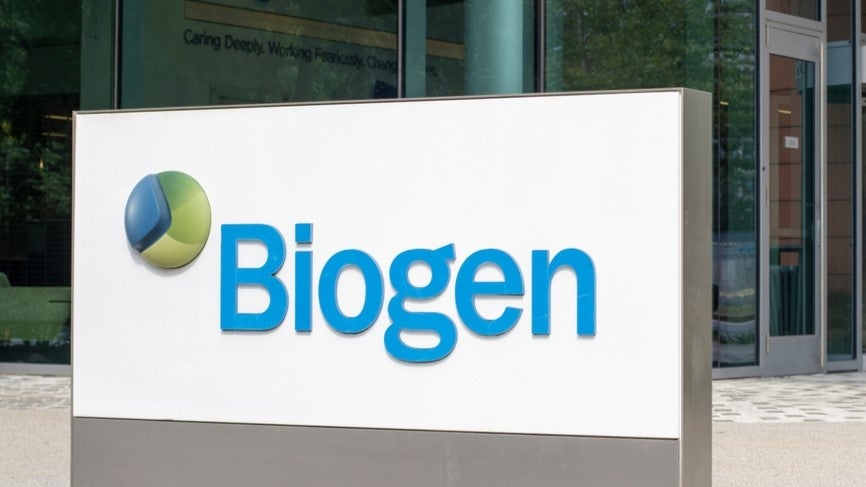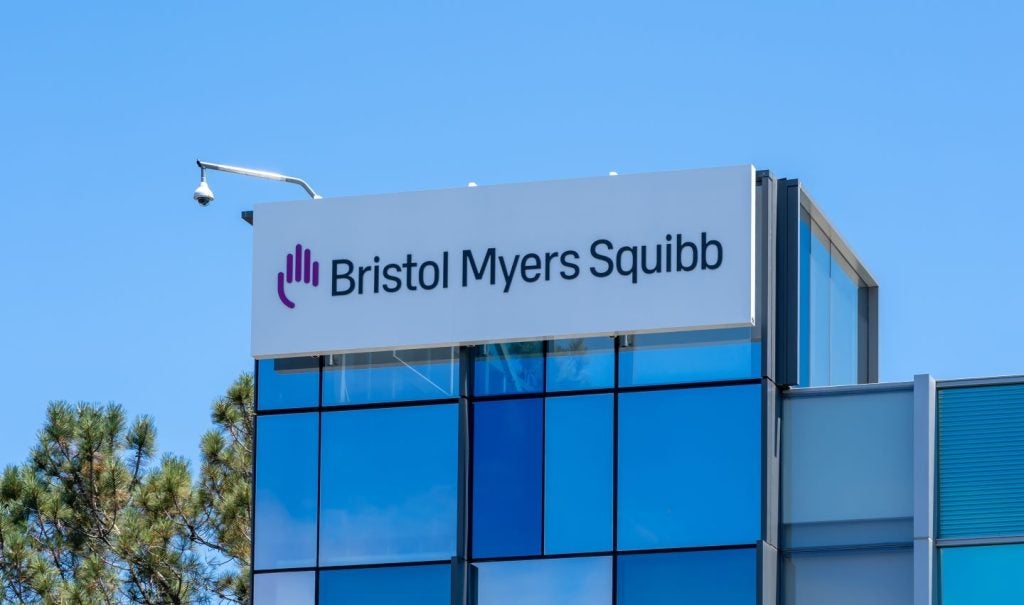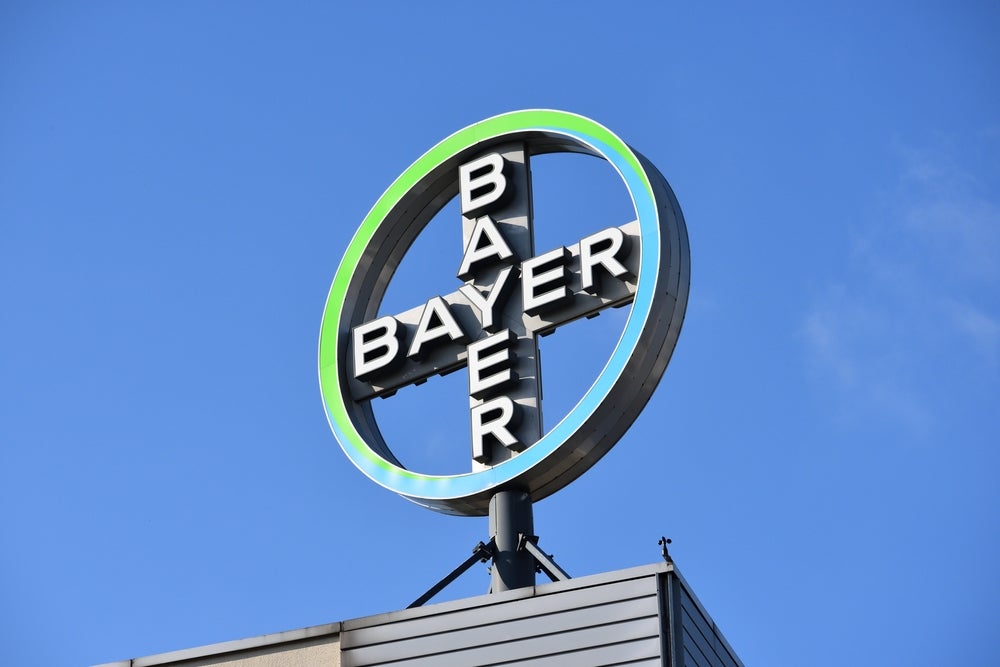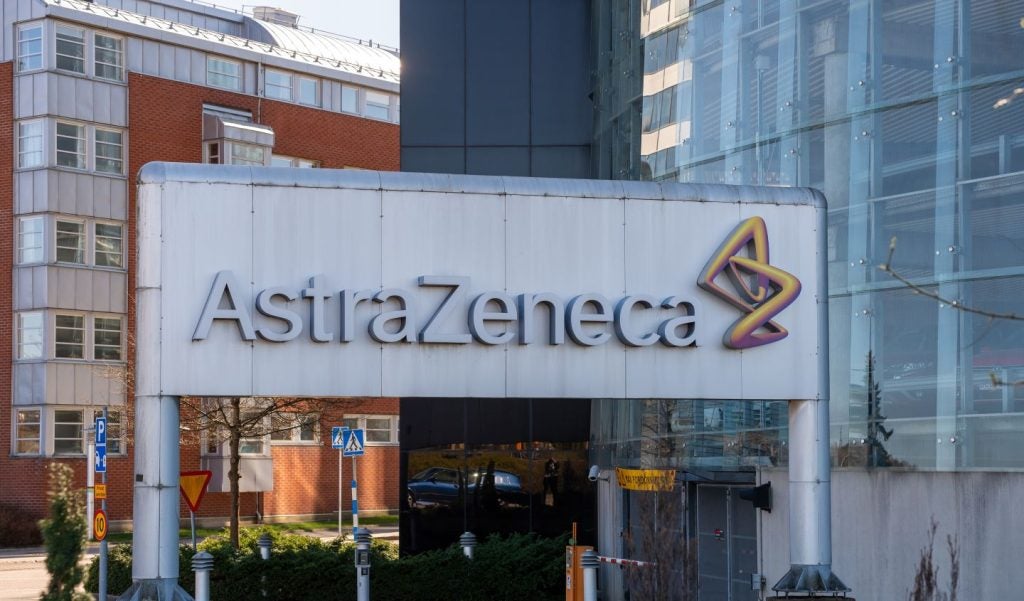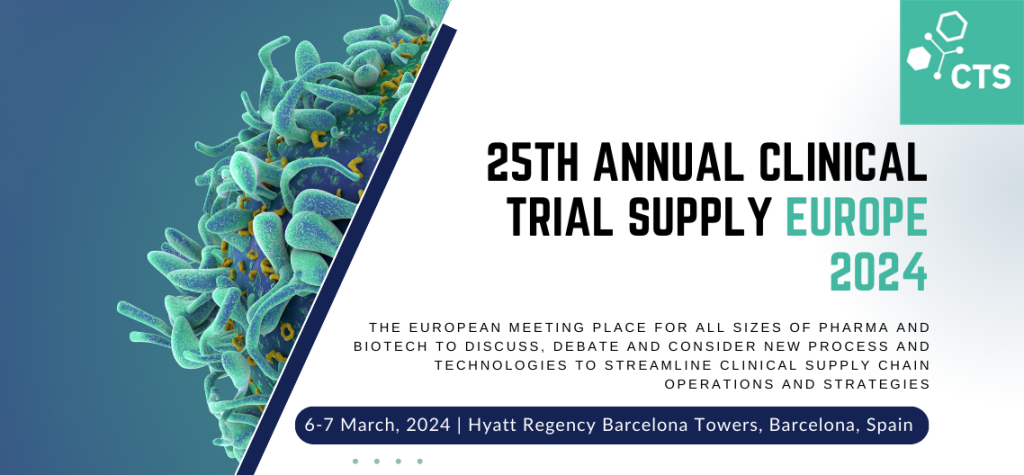Biogen has received a positive opinion from the European Medicines Agency (EMA) committee recommending approval for Qalsody (tofersen) to treat adult amyotrophic lateral sclerosis (ALS) patients with a mutation in the superoxide dismutase 1 (SOD1) gene.
The EMA’s Committee for Medicinal Products for Human Use (CHMP) based its positive recommendation on data from the Phase III VALOR trial (NCT02623699). The final decision on the marketing authorisation for Qalsody is expected in Q2 of this year.
The therapy missed the primary efficacy endpoint of ALS function, measured using the Revised ALS Functional Rating Scale (ALSFRS-R), in the VALOR study. However, Qalsody met the secondary endpoints of cutting neurofilament (NfL) and SOD1 protein levels.
Qalsody is an antisense oligoneucleotide that inhibits the production of mutant superoxide dismutase 1 (SOD1) protein, which is linked to toxic effects on the motor neurons in the disease. It was developed as part of a development and licence agreement with Ionis Pharmaceuticals.
In April 2023, Qalsody received accelerated approval from the US Food and Drug Administration (FDA) as a treatment for ALS, in patients with SOD1 gene mutation. Although the FDA Advisory Committee voted unanimously for accelerated approval of the drug, it advised against a traditional approval citing insufficient current efficacy data.
Qalsody generated $3.3m in US sales in Q4 2023, according to Biogen’s financials. GlobalData expects the drug to maintain the upward growth trajectory and pull in $128m in global sales in 2029.
GlobalData is the parent company of Pharmaceutical Technology.
Biogen is evaluating Qalsody in the placebo-controlled Phase III ATLAS trial (NCT04856982). The study aims to evaluate whether the drug can delay the clinical onset of ALS in patients with the SOD1 gene. The trial is expected to enrol 150 asymptomatic adult carriers of the SOD1 gene with elevated NfL, as per ClinicalTrials.gov.
The ALS treatment field has suffered some setbacks. Most recently, Ferrer International’s oral edaravone (FAB122) failed to meet the primary efficacy and key secondary endpoints in the Phase III ADORE trial (NCT0178810). As the drug did not demonstrate a significant benefit over placebo in slowing ALS progression, the company also terminated the open-label extension ADOREXT study (NCT05866926).
In October 2023, the EMA rejected the marketing authorisation application for Amylyx Pharmaceuticals’ Albrioza, citing the unreliability and efficacy of the supporting data package.


